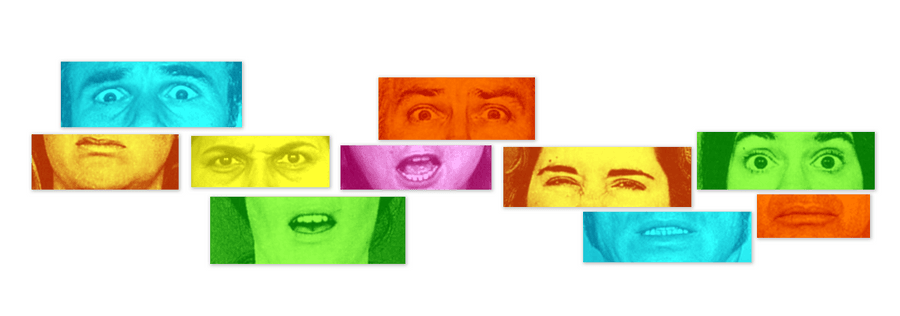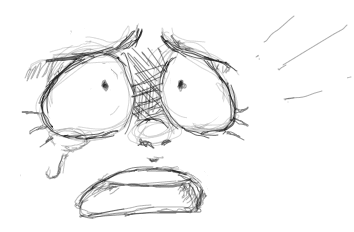7. **Facial Expressions**:
Facial expressions are universal to some extent, but cultural norms can influence how emotions are displayed and interpreted.
"The face is the primary area where we attempt to hide the real self and substitute the phony self."
118
1K reads
CURATED FROM
IDEAS CURATED BY
Being an ambivert person, I am too much fond of reading, and always eager to learn.
"The Silent Language" by Edward T. Hall offers valuable insights into the intricate world of nonverbal communication, highlighting its profound impact on our interactions and relationships. Understanding these silent cues is essential for effective cross-cultural communication and building successful relationships in a globalized world.
“
Similar ideas to 7. **Facial Expressions**:
There are six basic emotions
In the 1960s, researchers started to study facial expressions that matched six basic emotions: happiness, sadness, anger, surprise, fear, and disgust.
Some researchers now say there are fewer than six basic emotions, and others say there are more (up to 21). But the idea remains that
Fear
Fear is a powerfull emotion that can also play an important role in survival. When you face some sort of danger and experience fear, you go through what is known as the fight or flight response
Read & Learn
20x Faster
without
deepstash
with
deepstash
with
deepstash
Personalized microlearning
—
100+ Learning Journeys
—
Access to 200,000+ ideas
—
Access to the mobile app
—
Unlimited idea saving
—
—
Unlimited history
—
—
Unlimited listening to ideas
—
—
Downloading & offline access
—
—
Supercharge your mind with one idea per day
Enter your email and spend 1 minute every day to learn something new.
I agree to receive email updates


